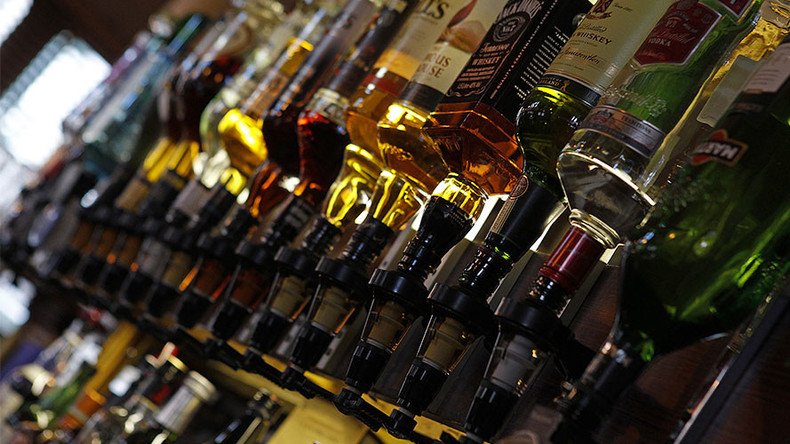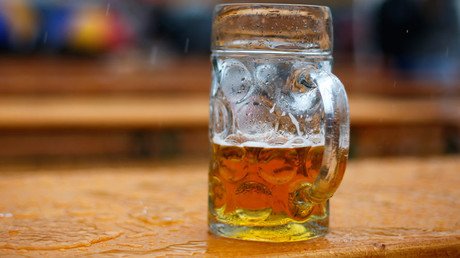Is alcoholism in your DNA? Pill could suppress genetic craving for drink

A pill to stop people craving alcohol may be just around the corner after scientists identified a gene that makes people more likely to fancy a drink.
By looking at the genomes of 105,000 people, researchers from King’s College London and Imperial College London found the hormone FGF21, which is secreted by the liver, plays a crucial role in setting a person’s drinking limits.
The study highlighted the “pathway” between the hormone and a gene in the brain called beta-Klotho. In about 40 percent of participants, a particular beta-Klotho variant was associated with reduced alcohol consumption.
Further investigation found that those lacking the beta-Klotho gene show a significant increase in alcohol consumption.
Until recently, few genes had been linked to alcohol abuse, even though it can be inherited.
Scientists say the discovery will lead to new treatments for people unable to control their drinking. It may be possible to replicate the gene’s function, researchers say.
Professor Gunter Schumann, from the Institute of Psychiatry at King’s College London, told the Sun: “Our study reveals a previously unrecognised liver-brain pathway which regulates alcohol consumption in humans, and which could one day be targeted therapeutically to suppress consumption in problem drinkers.
“The results point towards an intriguing feedback loop, where FGF21 is produced in the liver in response to sugar and alcohol intake, which then acts directly on the brain to limit consumption.”
Professor Paul Elliott from Imperial College London said: “Alcohol drinking in excess is a major public health problem worldwide and we need to find new ways of reducing the harmful effects of alcohol in the population.
“The results of our study point to a previously unrecognised genetic determinant of alcohol drinking among the general population.
“Our findings may eventually lead to new treatments for people whose health is being harmed by drinking.”
A spokesman for Alcohol Concern says while the findings may help in developing new treatments for some alcohol problems in the future, “problem drinking is never just about genetics.
“There are all sorts of reasons people might have trouble managing their drinking,” he added.














